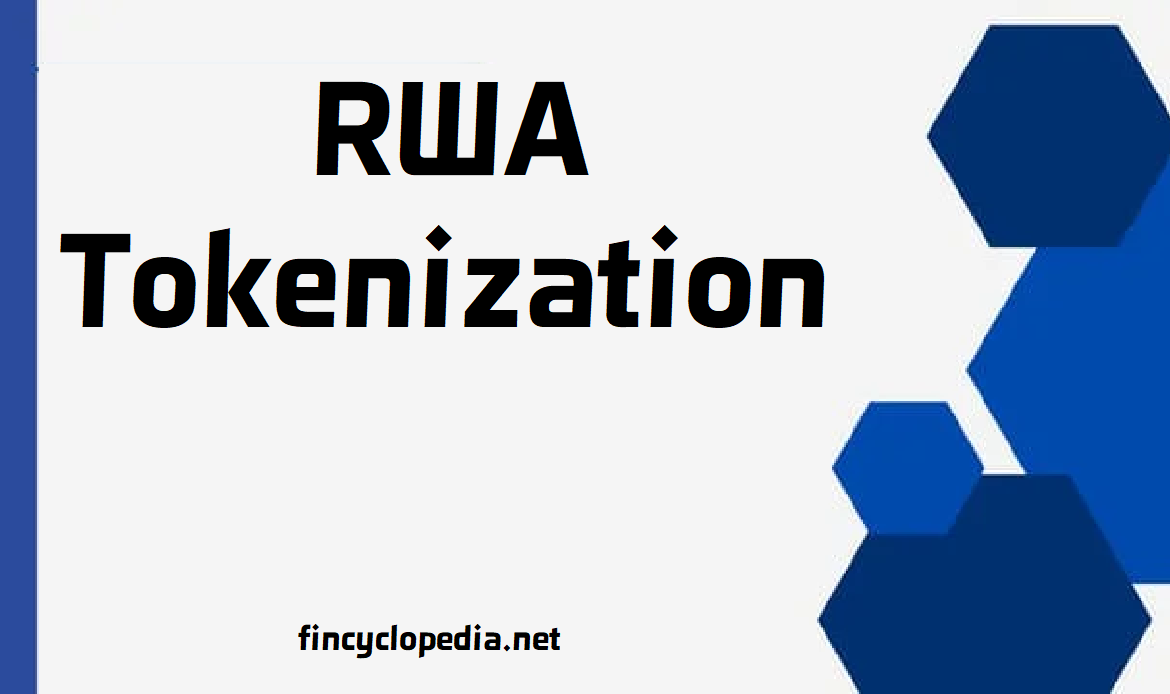The monetary unit of a country where there are restrictions- imposed by a government authority- on the right to convert it (i.e., the currency) freely into other currencies at the prevailing exchange rate. Restrictions may be imposed by a country on another foreign currency or on its own currency, as the case might be.
A currency is considered to be restricted if it meets one or more of three criteria/ conditions 1) usability 2) exchangeability and 3) market value:
- Usability: a restricted currency cannot be used for all purposes and transactions. It can also be used for all purposes other than the restrictions set by the sovereign authority.
- Exchangeability: its exchange for another currency or other currencies is subject to specific limitations in terms of amount, timing, etc.
- Market value: it cannot be exchanged at the prevailing exchange rate.
A restricted currency may be 1) a currency note or coin which is legal tender in a specific country, 2) any right to receive a currency note or coin a) in respect of any credit or balance at a licensed onshore entity or any other similar entity in or outside the restricting country, and b) from any person (legal or natural) in or outside the restricting country, 3) any document, instrument or device that allows a person to obtain such an currency note or coin (a) from another person, including, for example, traveller’s cheques, letters of credit and bank drafts; or 4) any electronic or digital representation of such a currency note or coin.
A restricted currency is also known as a non-convertible currency or a blocked currency.






